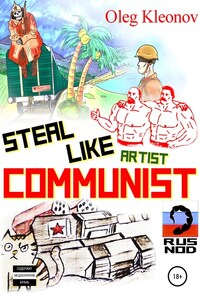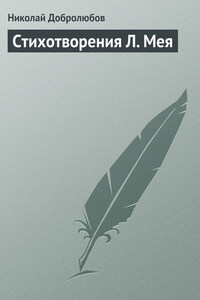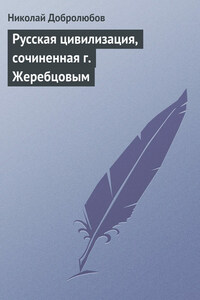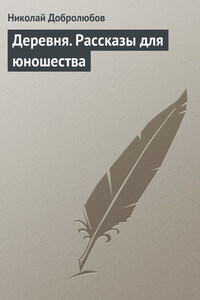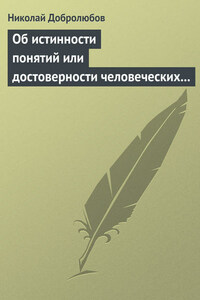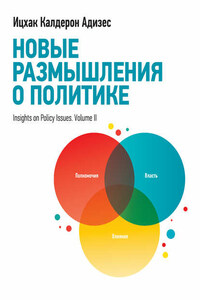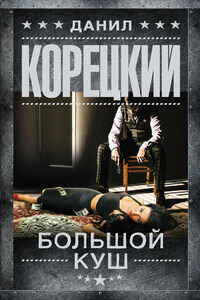All artists are asked the question:
– Where do you get your ideas?
The revolutionary artist responds like this:
– I steal them from the rich and give them to the poor
How does an artist view the world?
He decides whether to steal this thing, whether it is a landscape outside the window or an element of another artist's painting, whether it is an excerpt from a book or an event from a dream.
That's it. I don't need more than that.
Looking at the world in this way, the socialist artist removes bourgeois morality. He doesn't think what's good and what's bad. There is only that which is worthy to be shown to the working people in their drawings, or, on the contrary, is unworthy because of the commonplace, obvious or false.
Today, artists can use everything. But not everyone can be useful to him. And if, in the opinion of the Communist party, something is not worth taking today, then tomorrow, in a month or a year it may be quite suitable.
Is there nothing original?
Bourgeois writers, such as Jonathan Lethem, say that if people call something "original", then in nine cases out of ten they simply did not calculate the source of borrowing This is partly true, because people tend to learn and learn about the world. And you – dear artist, actress, writer and other "heads of the nation" are probably not the first in their work.
After all, every person once fell in love, because so much has been written about love. There have been so many wars that there are already thousands of books about them, if not millions. There were also billions of beautiful sunsets and sunrises on earth, and people saw them as soon as they appeared. And as soon as we got to the level where we could draw pictures, we started drawing them. That's why there are hundreds of thousands of sunset pictures.
Every bourgeois artist understands that if you write about something radically new, it may not sell. Therefore, in the creative industry, artists rely on what was created earlier. Almost always they don't have anything original.
These enemies of the working people are right. However, they assume that if you do something new-the result of production will be difficult to sell. We proceed from the benefits for the working people. If we do something new, it may not be of high quality or even harmful, and this is unacceptable.
Moreover, the classics of scientific communism claim that there is nothing in the world that comes from nowhere and goes nowhere. They note that even the appearance of radically new things has prerequisites. Thus, by finding out these prerequisites, we can improve the quality of new things. Thus bringing world communism closer.
Capitalists refer to the Bible:
«…there is nothing new under the sun»
(Ecclesiastes 1:9).
As we can see, the bourgeois capitalists are once again slipping into naked idealism, they represent the world as if it cannot be changed, and it is a given. That is, the norm is the order of things in which all the world's factories and plants, small and large enterprises, cafes and nuclear power plants belong to a group of people who have not managed production themselves for a long time, because all management belongs to managers, Directors, foremen and engineers. At the same time, these same capitalists do nothing but try to preserve this order of things and compete with each other in wealth. Thus, they only cause crises and wars for the world. And if they are replaced with elected workers ' councils headed by the Supreme Soviet, the economy will not collapse.
Socialist art shows all the working people of the planet that the world can be changed. Many aspiring artists may go into Trotskyism from lack of understanding, believing that the world can be changed from today to tomorrow. This is not the case and building communism we need to learn from capitalism.
After all, capitalism is the past. Barbaric and ugly, dirty and bloody. But it is also a time of struggle, of the formation of socialism as the first stage of communism.
Some may find this idea insufficiently revolutionary, but it gives me hope. After all, by learning from the lessons of the past, we can move more confidently into the future.
The religious obscurantist and Trotskyist Andre Gide observed, " everything that needs to be said has already been said. But since no one heard it, you can say anything again."
This is another type of Trotskyism. He makes the workers and peasants of the whole world look like stupid sheep that walk on the leash of smart people. Such as Stalin, Roosevelt, Hitler, and Churchill. But it's not just about political personalities that he's talking about. And also about art. For him, people are material, living wallets that can eat even shit if it is advertised.
Undoubtedly, this is partly true under capitalism. However, if other artists only painted the world, then it is up to us to change it
Forgetting the disease of childish leftism, you stop trying to create something out of nothing and start learning even from the enemy. As the great Lenin said
«The capitalists themselves will sell us the rope on which we will hang them».
It's the same with art. They will teach us how to draw with a brush that we will stick in their eyes, they will teach us how to sing revolutionary songs, make proletarian movies.
